Poet in Residence
"Some words have come, some have not." An average day in the life of Barbara Brownskirt, self-appointed poet in residence at the 197 bus stop in London.
Jump to navigation Skip to content
"Some words have come, some have not." An average day in the life of Barbara Brownskirt, self-appointed poet in residence at the 197 bus stop in London.
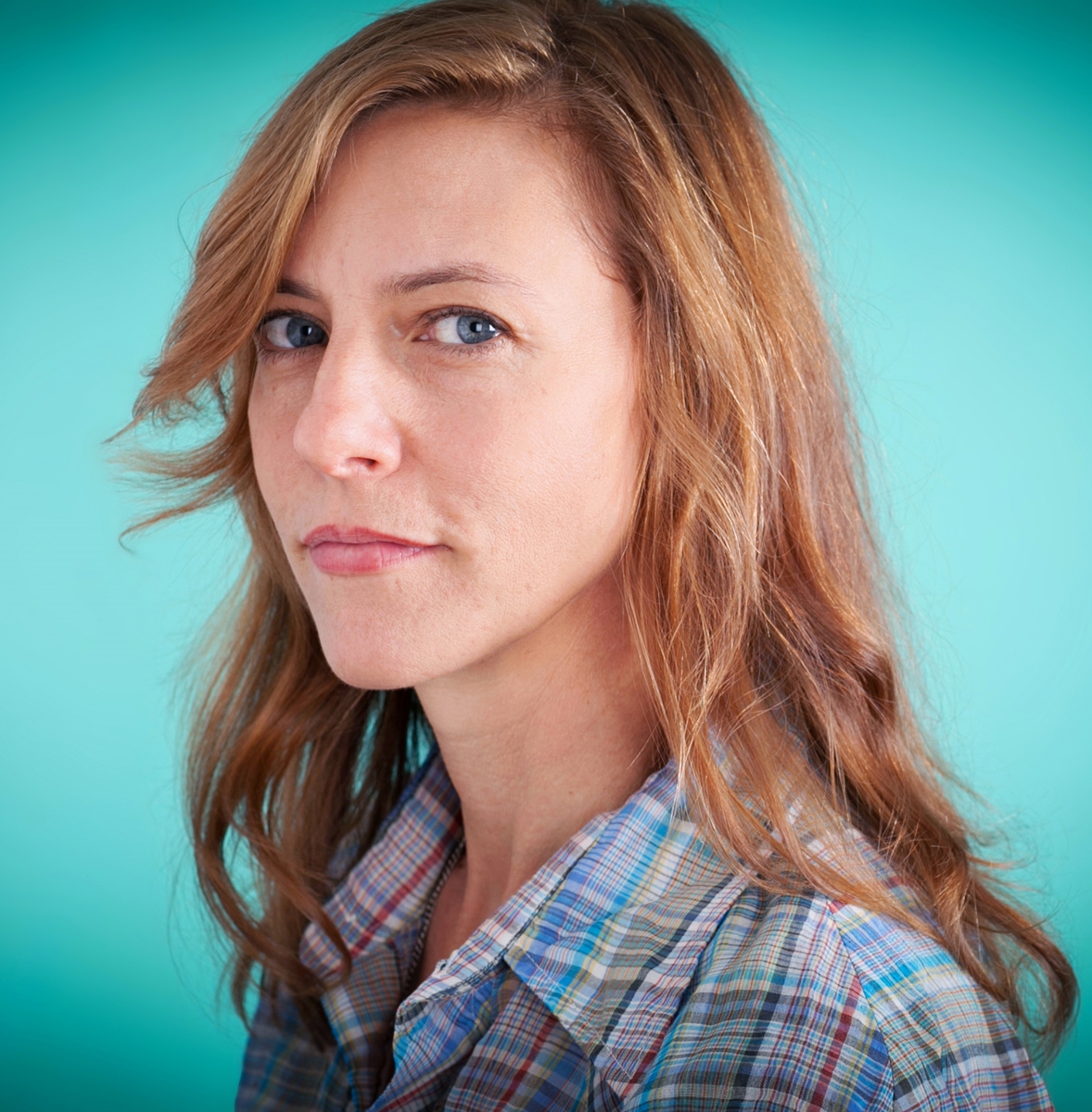 What are your reading do's?
What are your reading do's?
I always think about the type of event at which I’ll be reading and try to pick something I think will work in that venue. Is it a solo reading, group reading, cabaret-style show? Stuff like that. I mean, your work is your work and you only have so much to choose from, but I always think about it from an audience’s perspective (which I don’t do while I’m writing.) And sometimes I know I’ll give a better reading if it’s something I haven’t read out loud a bunch of times. I hate a canned reading.
And your reading don’ts?
Don’t ever, ever, ever, go on too long. The longest I will ever read is twenty minutes, but usually it’s more like fifteen with a Q&A or else some other dumb, surprise element I come up with.
How do you prepare for a reading?
I never over-prepare. I’ve learned not to get drunk or anything beforehand, but I also like to leave it open and see what it feels like once I get there. Some people are going to feel better if they’re totally prepared, but my favorite readings have always been when I leave a few things up in the air until the last minute.
What’s the strangest comment you’ve received from an audience member?
If bottles of gin are a “comment,” then that. If not, then “I worked with your dad at Lockheed Missiles and Spaces in 1978” was pretty good.
What’s your crowd-pleaser, and why does it work?
I don’t know that I have a crowd-pleaser. In between the poems or stories I’m reading, I try to be myself, be the person I am with my friends and my family. That always helps.
What’s the craziest (or funniest or most moving or most memorable) thing that’s happened at an event you’ve been part of?
I’ve been doing this for twenty years so a lot of shit has happened. I got booed by a very vociferous crowd when I opened for Neil Young. I’ve stage-dived and had my shirt torn off. I’ve made lifelong friends with people I’ve met at readings. I’ve completely had what felt like an aneurysm and forgotten what I was doing. I’ve been heckled by lesbians who were mad that I was a straight person on tour with lesbians. I’ve looked out in the audience and realized that there was somebody out there that I’d rather not have hear what I’m about to read and chickened out and changed at the last minute. And sometimes I’ve said fuck it and read it anyway.
How does giving a reading inform your writing and vice versa?
Reading out loud used to completely inform my writing because open mics were how I started writing in the first place. Over time that has changed, but I still read my stuff out loud to myself after I’ve written something. I want it to sound good. Sometimes it does and sometimes it doesn’t, but my favorite stuff always ends up being the stuff that sounds really killer and dynamic when it’s read out loud.
Photo: Beth Lisick. Credit: Amy Sullivan.
Major support for Readings/Workshops in California is provided by the James Irvine Foundation. Additional support comes from the Friends of Poets & Writers.
"As if huddled on some high plain, surrounded by the sound of distantly beating drums, telling myself, 'Well, this is it.'" In this Single Sentence Animation for Electric Literature, Bianca Stone animates "Flower Box" by A-J Aronstein.
This week, in honor of Saint Patrick’s Day, research the life of a saint and write a poem that incorporates some element of his or her story. It can be an image, a symbol (like Saint Patrick’s shamrock, the three-leafed plant he supposedly used to teach the doctrine of the Holy Trinity), or you might try writing a narrative poem. There are patron saints of headaches, florists, and bankers. Find the story that most interests you.
"The way the world is not / astonished at you / it doesn’t blink a leaf / when we step from the house / leads me to think / that beauty is natural, unremarkable / and not to be spoken of / except in the course of things...." Poet Bill Knott, the author of numerous poetry collections, including Laugh at the End of the World: Collected Comic Poems 1969–1999 (2000), passed away on March 12. His poem "Sonnet" is featured in this brief clip.
Last night, during a ceremony at the New School in New York City, the National Book Critics Circle announced the winners of its book awards for publishing year 2013.
Frank Bidart won in poetry for Metaphysical Dog (Farrar, Straus and Giroux); Chimamanda Ngozi Adichie won in fiction for Americanah (Knopf); and Sheri Fink won in nonfiction for Five Days at Memorial: Life and Death in a Storm-Ravaged Hospital (Crown).
Amy Wilentz won the autobiography award for Farewell, Fred Voodoo: A Letter From Haiti (Simon & Schuster); Leo Damrosch won the biography award for Jonathan Swift: His Life and His World (Yale University Press); and Franco Moretti won the criticism award for Distant Reading (Verso).
The winners were chosen by a panel of established literary critics from a list of thirty finalists announced in January. The shortlist in poetry included Lucie Brock-Broido for Stay, Illusion (Knopf); Denise Duhamel for Blowout (University of Pittsburgh Press); Bob Hicok for Elegy Owed (Copper Canyon Press); and Carmen Gimenez Smith for Milk and Filth (University of Arizona Press). The finalists in fiction were Alice McDermott for Someone (Farrar, Straus and Giroux); Javier Marias for The Infatuations (Knopf); Ruth Ozeki for A Tale for the Time Being (Viking); and Donna Tartt for The Goldfinch (Little, Brown). The finalists in nonfiction were Kevin Cullen and Shelly Murphy for Whitey Bulger: America’s Most Wanted Gangster and the Manhunt That Brought Him to Justice (Norton); David Finkel for Thank You for Your Service (Farrar, Straus and Giroux); George Packer for The Unwinding: An Inner History of the New America (Farrar, Straus and Giroux); and Lawrence Wright for Going Clear: Scientology, Hollywood, and the Prison of Belief (Knopf).
Anthony Marra won the inaugural John Leonard Prize, which honors a first book in any genre, for his novel, A Constellation of Vital Phenomena (Hogarth). Critic Katherine A. Powers won the Nona Balakian Citation for Excellence in Reviewing award, and fiction writer, essayist, and translator Rolando Hinojosa-Smith won the Ivan Sandrof Lifetime Achievement Award.
The National Book Critics Circle awards are given annually for books published in the previous year. For more information about the awards, visit the NBCC website or its literary blog, Critical Mass.
In the video below from Britain's Channel 4 News, Chimamanda Ngozi Adichie discusses race, love, hair, and Americanah.
Heather Dubrow, director of the Poets Out Loud reading series, holds the John D. Boyd SJ, Chair in the Poetic Imagination at Fordham University. A critic of sixteenth- and seventeenth-century English literature, she has published six scholarly books, a coedited collection of essays, and an edition of As You Like It (as well as articles on pedagogy and educational policy). Wearing her other hat as poet, she is the author of a collection titled Forms and Hollows (Cherry Grove Collections), two chapbooks, and a play produced by a community theatre. The journals where her poetry has appeared include Prairie Schooner, the Southern Review, the Southwest Review, Virginia Quarterly Review, and the Yale Review. Two of her poems have been set to music and performed, and one was featured on the Poetry Daily site.)
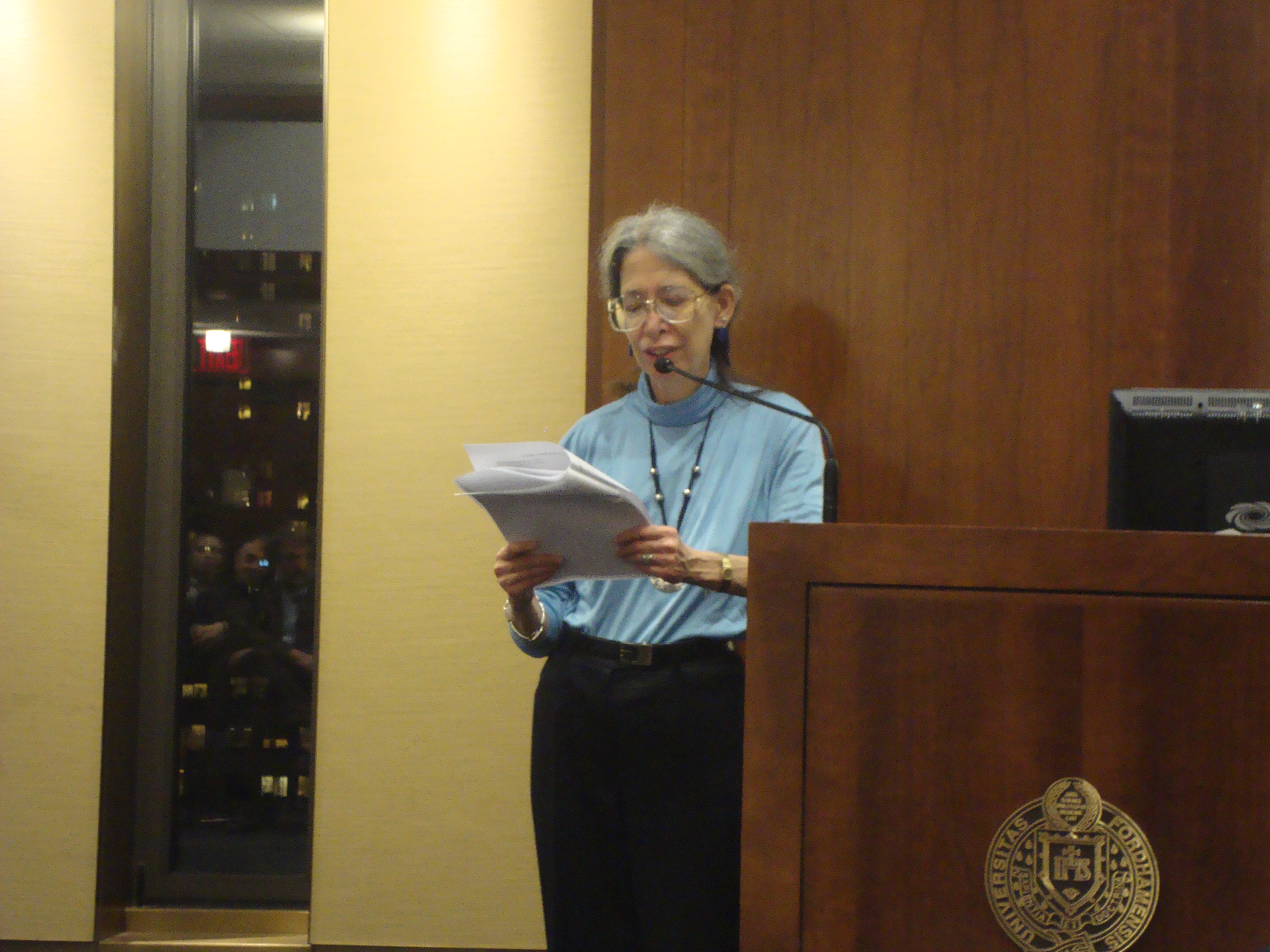 After I’d taught for many years at Carleton College and the University of Wisconsin (and more briefly elsewhere), Fordham University offered me the John D. Boyd SJ, Chair in the Poetic Imagination—an appointment that I might well have accepted for that title alone. When I arrived, Elisabeth Frost was heroically directing both the Poets Out Loud readings and the contest whose winner, the POL Prize book, is published by Fordham University Press. But about a year later Beth decided to focus on the latter portfolio, her work as editor of the Poets Out Loud book series (she shortly afterwards expanded the program to include publishing a second book each year)—and I happily inherited the program of poetry readings.
After I’d taught for many years at Carleton College and the University of Wisconsin (and more briefly elsewhere), Fordham University offered me the John D. Boyd SJ, Chair in the Poetic Imagination—an appointment that I might well have accepted for that title alone. When I arrived, Elisabeth Frost was heroically directing both the Poets Out Loud readings and the contest whose winner, the POL Prize book, is published by Fordham University Press. But about a year later Beth decided to focus on the latter portfolio, her work as editor of the Poets Out Loud book series (she shortly afterwards expanded the program to include publishing a second book each year)—and I happily inherited the program of poetry readings.
If anyone else is in line for such an inheritance, hold out for a series like POL: I am fortunate to direct a program that benefits from having been alive and well for over two decades (we celebrated its twentieth anniversary with the gala event at Lincoln Center’s Rubinstein Atrium featuring J. D. McClatchy and Julie Sheehan and from all the work of Elisabeth Frost and earlier directors. And we benefit from being in New York, with its splendid supply of both distinguished and promising poets.
Of course, our metropolitan location has its downsides, too. Hotel prices and other expenses are steep enough that we can almost never invite out-of-town writers. Fortunately, the Jesuit commitment to poetry, exemplified by and perhaps itself inherited from Gerard Manley Hopkins, as well as the much appreciated support of Poets & Writers, keeps us afloat, though on a shoestring (if shoestrings, like those airplane cushions, can function as flotation devices). Another challenge of being in New York is that competition for audiences is intense here; in contrast, at, say, Carleton, the visiting writer was usually the only game in town. But we hold all the readings at Fordham’s campus in Manhattan, near Lincoln Center, which is readily accessible to people throughout the city, and we regularly attract audiences of about ninety to a hundred people, with nearly twice that for a few events.
I’ve happily continued many longstanding POL policies. We’re deeply and enthusiastically committed to diversity in the poetic styles and ethnicities of the readers and similarly committed to representing both established and emerging writers. In other words, POL refuses to be drafted into the poetry wars. Admission remains free. And our audience is also diverse, encompassing everyone from high school and university students from Fordham and around the city to very distinguished poets to members of the general public.
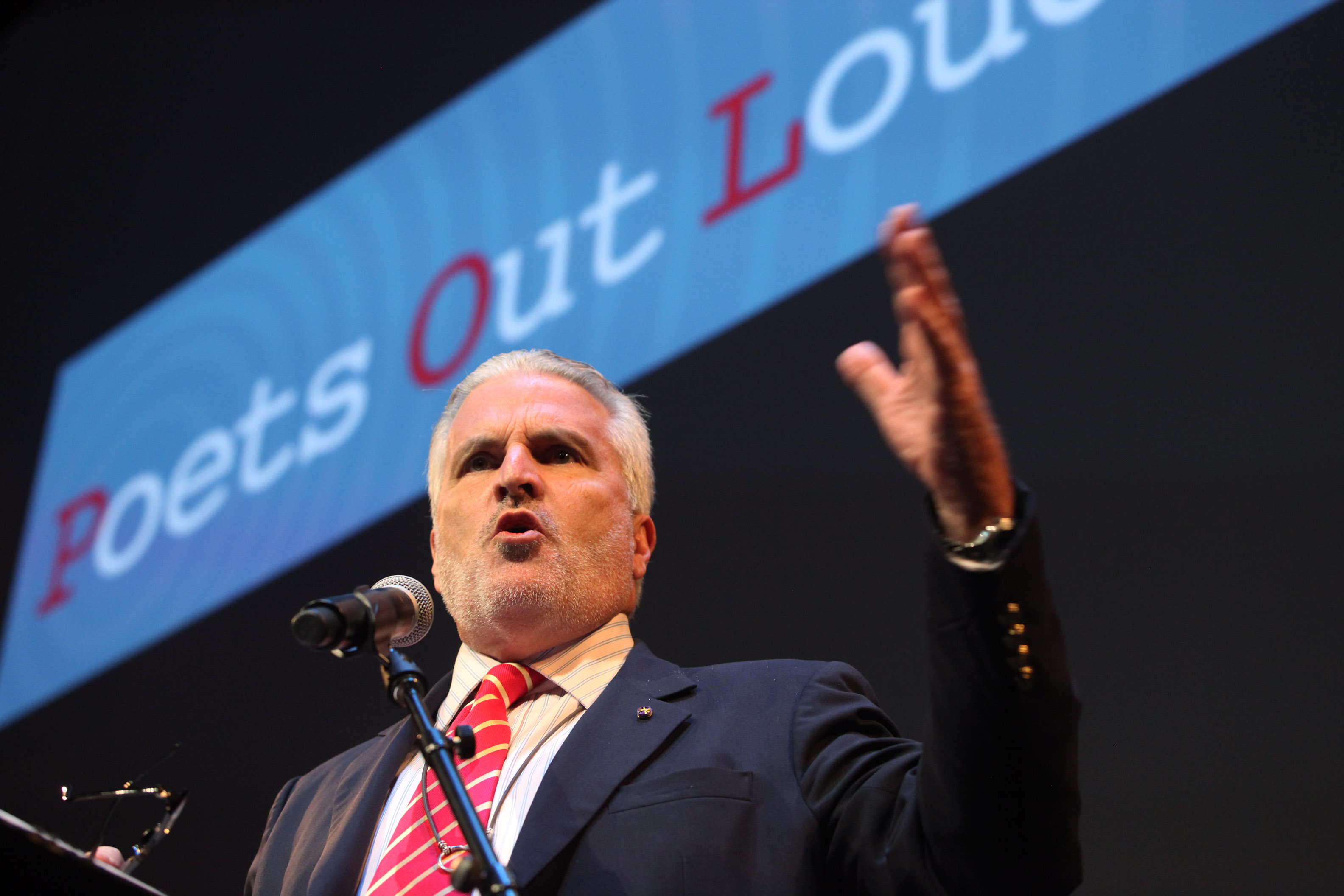 Taking over a series that was already going strong opened up possibilities for additional initiatives. Looking inwards to the Fordham community, we now encourage entering students to become familiar with POL from the get-go by connecting our September reading to the themes of First-Year Orientation. Looking outwards, we have an outreach to high school students from underserved communities; our current partners are Cristo Rey New York High School, the High School for Business, Enterprise, and Technology, and the organization Girls Write Now. Students from those groups participate in prereading workshops on the poets appearing that night—which those poets visit—before going to the reading itself. Like other members of the audience, they have the opportunity to enter drawings and win a free inscribed book by one of the evening’s writers. In the final event of the year, some of these high school participants read their own work together with a distinguished writer in what we call a poetry sandwich (in past years Edward Hirsch, Marie Howe, and Anne Waldman appeared in these sessions, while this year we look forward to Elizabeth Alexander’s participation); in 2014 we’ll be publishing poems by all the students in the workshops, not just those who read that night, on our site. And last year POL took its show on the road—or rather on the subway—by setting up another outreach, this time to senior citizens, by reading in a few residences.
Taking over a series that was already going strong opened up possibilities for additional initiatives. Looking inwards to the Fordham community, we now encourage entering students to become familiar with POL from the get-go by connecting our September reading to the themes of First-Year Orientation. Looking outwards, we have an outreach to high school students from underserved communities; our current partners are Cristo Rey New York High School, the High School for Business, Enterprise, and Technology, and the organization Girls Write Now. Students from those groups participate in prereading workshops on the poets appearing that night—which those poets visit—before going to the reading itself. Like other members of the audience, they have the opportunity to enter drawings and win a free inscribed book by one of the evening’s writers. In the final event of the year, some of these high school participants read their own work together with a distinguished writer in what we call a poetry sandwich (in past years Edward Hirsch, Marie Howe, and Anne Waldman appeared in these sessions, while this year we look forward to Elizabeth Alexander’s participation); in 2014 we’ll be publishing poems by all the students in the workshops, not just those who read that night, on our site. And last year POL took its show on the road—or rather on the subway—by setting up another outreach, this time to senior citizens, by reading in a few residences.
Poets Out Loud has also been very pleased to build bridges to other poetry organizations. We’ve been cosponsoring events with the Poetry Society of America for two years now—this year’s readers were Frank Bidart and Jonathan Galassi. In 2013 Fordham initiated and co-organized a series of readings and discussions on the subject of Donne and Contemporary Poetry, with participants including the Barnard Women Poets series, the New York Public Library, and the John Donne Society; future events in the series are planned at the interdisciplinary organization Helix and Fordham itself.
Well, actually, we had a splendid program in that Donne and Contemporary Poetry series all set up in February at Fordham (Molly Peacock reading, Nigel Smith performing his settings of Donne poems), only to be snowed out. John Donne, Un-done, as he apparently wrote himself. But I assured his agent that the event is being rescheduled in the fall. (Visit www.fordham.edu/pol for a forthcoming announcement).
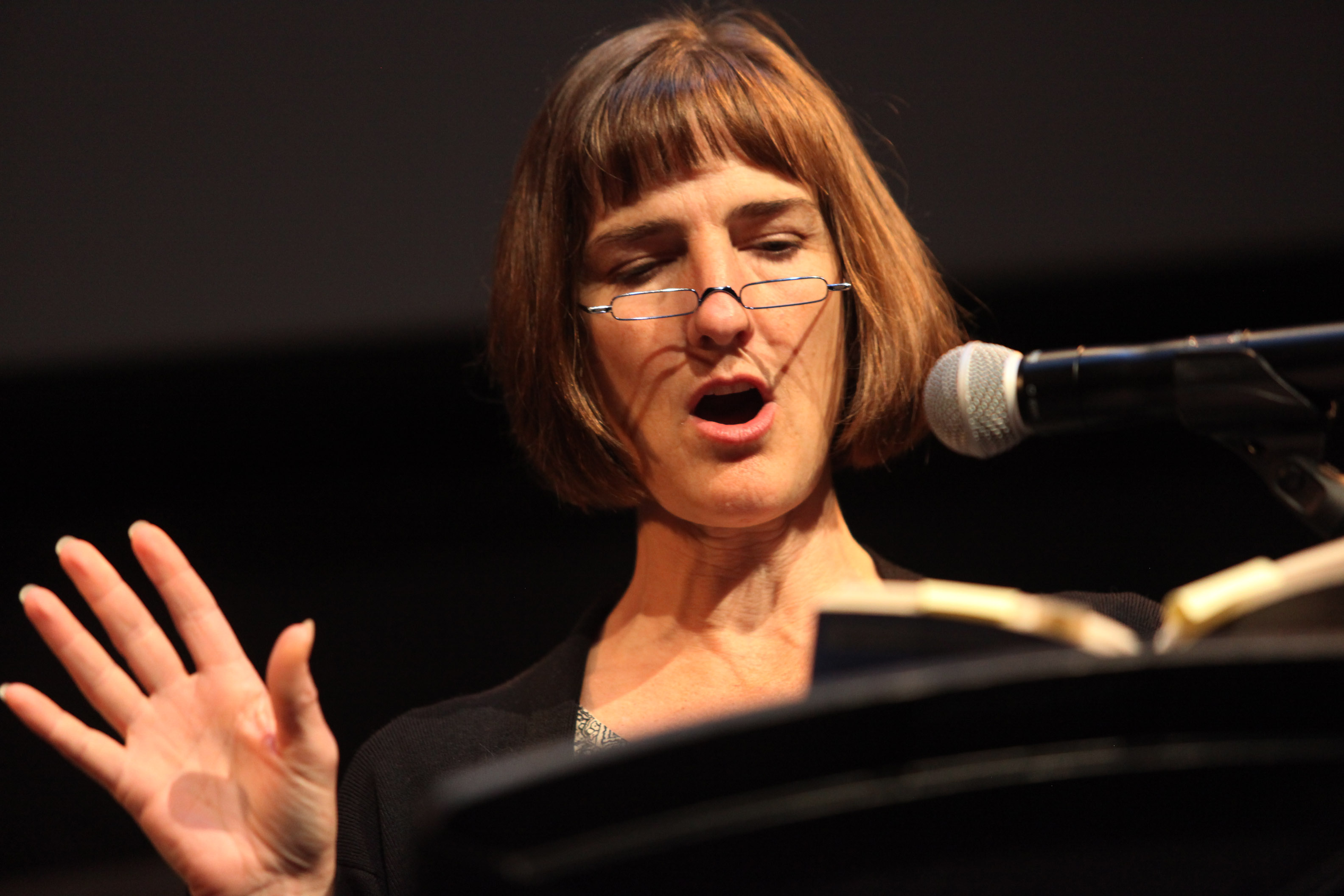 The touchstones for poetry that Emily Dickinson famously identified also aptly describe directing a poetry reading series. “If...it makes my whole body so cold no fire can ever warm me”—yes, that describes running a poetry series when an elaborately planned event like that one is cancelled or when one discovers the day before a reading that another group is widely announcing that it has booked the room assigned to us. On the other hand, Dickinson also declares of poetry, “I feel physically as if the top of my head were taken off”—and the top of my head has been delightfully and delightedly blown off by the readings themselves and by the audience’s responses. Witness comments such as “Fantastic series. Has reignited my love of poetry” and “Much more entertaining than I had ever expected to find poetry” and "Poets Out Loud reminds me how and why I fell in love with poetry and why it will always be a part of me.”
The touchstones for poetry that Emily Dickinson famously identified also aptly describe directing a poetry reading series. “If...it makes my whole body so cold no fire can ever warm me”—yes, that describes running a poetry series when an elaborately planned event like that one is cancelled or when one discovers the day before a reading that another group is widely announcing that it has booked the room assigned to us. On the other hand, Dickinson also declares of poetry, “I feel physically as if the top of my head were taken off”—and the top of my head has been delightfully and delightedly blown off by the readings themselves and by the audience’s responses. Witness comments such as “Fantastic series. Has reignited my love of poetry” and “Much more entertaining than I had ever expected to find poetry” and "Poets Out Loud reminds me how and why I fell in love with poetry and why it will always be a part of me.”
Top Photo: Heather Dubrow. Photo Credit: Katie Lockhart. Middle Photo: J. M. McClatchy. Photo Credit: Michael Dames. Bottom Photo: Julie Sheehan. Photo Credit: Michael Dames.
Support for Readings & Workshops in New York City is provided, in part, by public funds from the New York State Council on the Arts, and the NewYork City Department of Cultural Affairs, with additional support from the Louis & Anne Abrons Foundation, the Axe-Houghton Foundation, the A.K. Starr Charitable Trust, and the Friends of Poets & Writers.
Claremont Graduate University announced today that Afaa Michael Weaver of Somerville, Massachusetts, has won the annual $100,000 Kingsley Tufts Poetry Award for his book The Government of Nature (University of Pittsburgh Press). The award, given annually to a midcareer poet, is one of the largest monetary poetry prizes in the United States.
Yona Harvey of Pittsburgh has won the $10,000 Kate Tufts Discovery Award for her debut poetry collection, Hemming the Water (Four Way Books). The award is given annually to a promising new poet for a first book.
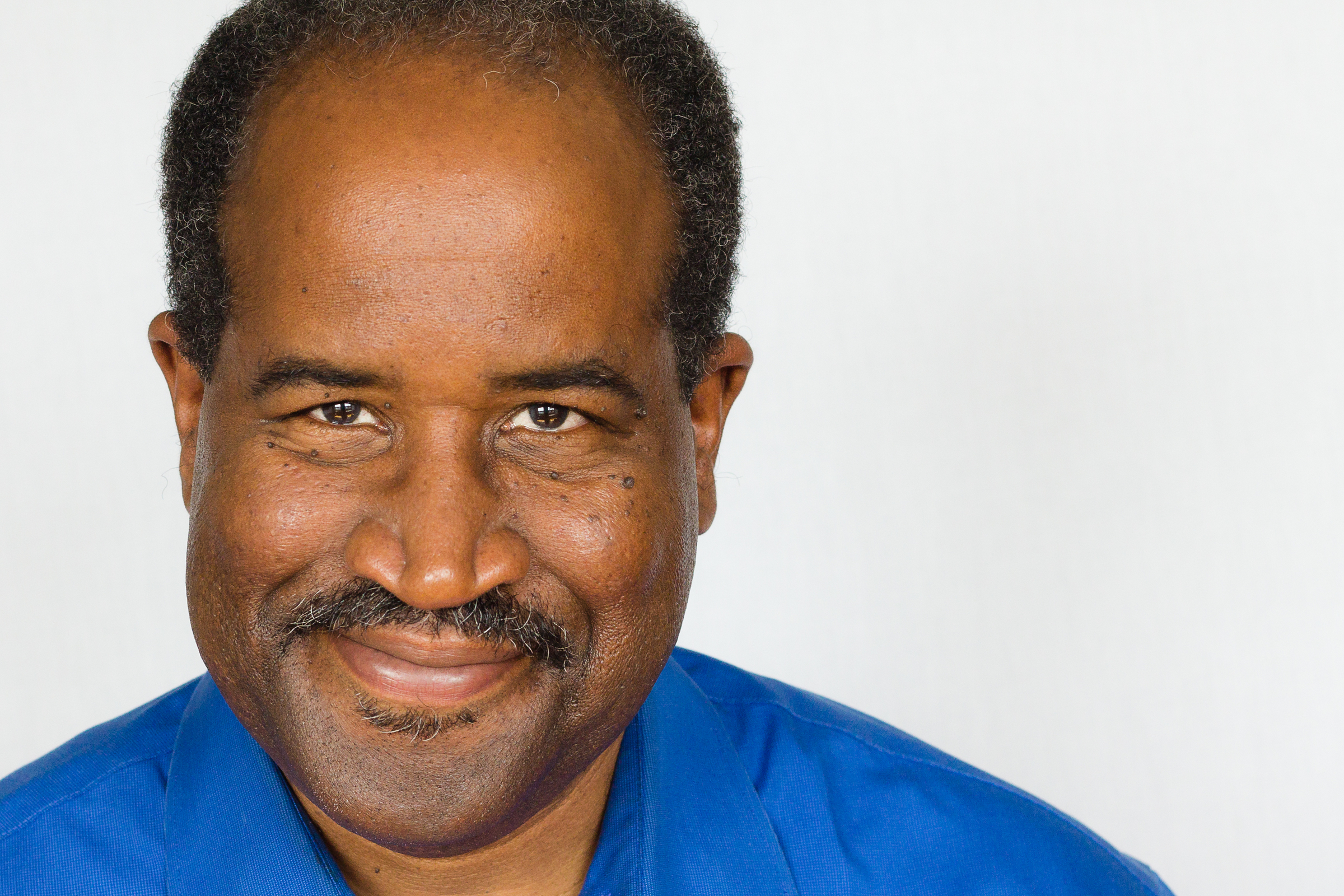 The son of a sharecropper, Afaa Michael Weaver grew up in Baltimore where, after two years in the Army, he worked in factories for fifteen years before attending Brown University on a full scholarship. The Government of Nature is his twelfth poetry collection. “He essentially invented himself from whole cloth as a poet,” said chief awards judge Chase Twichell in a press release. “It’s truly remarkable." Weaver has received two Pushcart Prizes, the May Sarton Award, and fellowships from the NEA, the Pennsylvania Council on the Arts, and the Pew foundation, as well as a Fulbright appointment in Taiwan. He is also a translator of Chinese poetry, having worked with poets from China and Taiwan. He teaches at Simmons College and in Drew University’s graduate program in poetry and poetry in translation.
The son of a sharecropper, Afaa Michael Weaver grew up in Baltimore where, after two years in the Army, he worked in factories for fifteen years before attending Brown University on a full scholarship. The Government of Nature is his twelfth poetry collection. “He essentially invented himself from whole cloth as a poet,” said chief awards judge Chase Twichell in a press release. “It’s truly remarkable." Weaver has received two Pushcart Prizes, the May Sarton Award, and fellowships from the NEA, the Pennsylvania Council on the Arts, and the Pew foundation, as well as a Fulbright appointment in Taiwan. He is also a translator of Chinese poetry, having worked with poets from China and Taiwan. He teaches at Simmons College and in Drew University’s graduate program in poetry and poetry in translation.
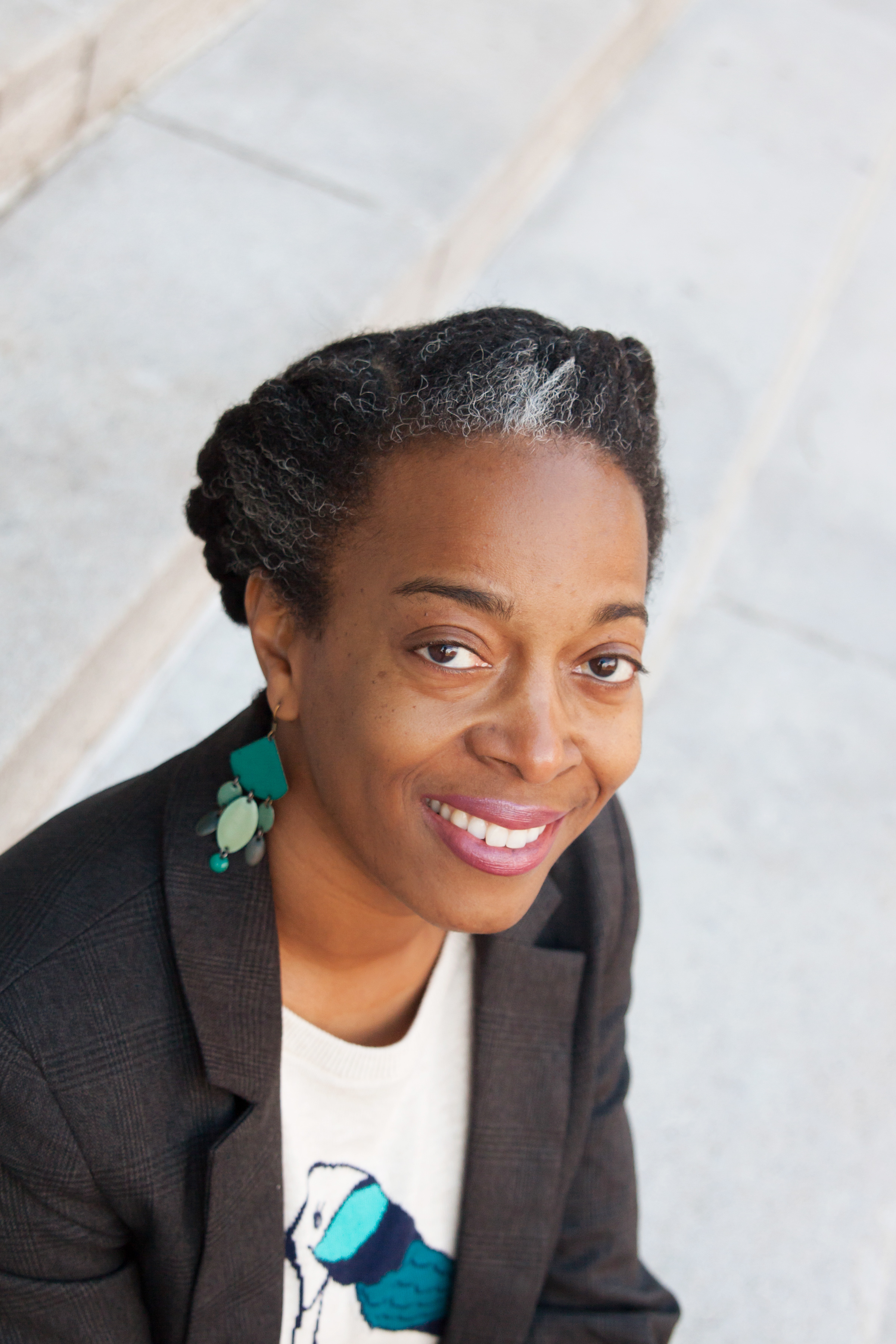 Yona Harvey’s poetry and prose have appeared in jubilat, Callaloo, Crab Orchard Review, Gulf Coast, Rattle, the Volta, West Branch, and elsewhere. She has received a Virginia Center for the Creative Arts residency and an Individual Artist Grant in Literary Nonfiction from The Pittsburgh Foundation. She is an assistant professor of English at the University of Pittsburgh.
Yona Harvey’s poetry and prose have appeared in jubilat, Callaloo, Crab Orchard Review, Gulf Coast, Rattle, the Volta, West Branch, and elsewhere. She has received a Virginia Center for the Creative Arts residency and an Individual Artist Grant in Literary Nonfiction from The Pittsburgh Foundation. She is an assistant professor of English at the University of Pittsburgh.
Now in its twenty-second year, the Kingsley Tufts Poetry Award was established at Claremont Graduate University by Kate Tufts in memory of her husband, who worked in the Los Angeles shipyards and wrote poetry as his avocation. The award is given for a work published in the previous year by a poet “who is past the very beginning but has not yet reached the pinnacle of his or her career.” The Kate Tufts Discovery Award has been given annually since 1993. A ceremony for the winners will be held in Claremont on Thursday, April 10.
Finalists for the 2014 Kingsley Tufts Poetry Award were Brenda Shaughnessy for Our Andromeda (Copper Canyon Press) and Brian Teare for Companion Grasses (Omnidawn). Finalists for the 2014 Kate Tufts Discovery Award were Kim Young for Night Radio(University of Utah Press) and Leila Wilson for The Hundred Grasses (Milkweed Editions). Along with Twichell, the judges were David Barber, Kate Gale, Ted Genoways, Carl Phillips, and Stephen Burt.
Marriane Boruch won the 2013 Kingsley Tufts Poetry Award and Heidy Steidlmayer received the 2013 Discovery Award.
Writer and artist coach Gigi Rosenberg performs "My Italian Haircut" at Curious Comedy in Portland, Oregon.
In “[The Lost Pines Inn would be a good name for a motel]” Lyn Hejinian generates a list of “good names” for motels, music groups, and streets. This week, create your own list of imaginative names for something and build a poem around your particular catalogue.